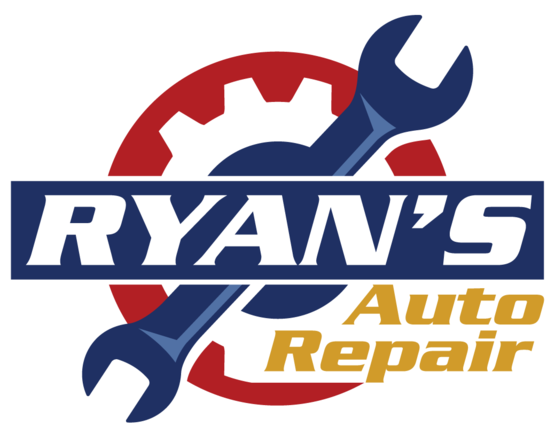Saving Lives in Plymouth with Tire Pressure
August 4, 2024
All new passenger vehicles on our Plymouth, MI, roads now have tire pressure monitoring systems – TPMS for short. They are designed to alert you if your tires are underinflated. Since they are fairly new, a lot of people have questions about them.
First off, the most important thing is that you still need to check your tire pressure every week – or at least every time you gas up. The TPMS system alert comes in when your tire is 20 percent below the factory recommendation. So if the recommended pressure is 34 pounds per square inch, the TPMS warning won't come on until the pressure is at 28 pounds. That's significantly underinflated, enough to raise safety concerns.
The worst is tire failure. A severely underinflated tire can overheat and fail. Also, handling degrades to the point that you may not be able to steer out of trouble. Also underinflated tires wear out faster and they waste fuel. So it's costly to not stay on top of proper inflation.
What's the practical value of the TPMS system? Well, it's twofold. First, it can alert you when your tire is losing pressure due to a puncture or a bent rim. That's an important warning that you might not have gotten until next time you gassed up.
The second is that we all occasionally forget to check our tire pressure. So it's a fail-safe system to let you know there's a problem brewing.
Other things can cause your TPMS system to go off. The system also monitors itself. The sensors that are mounted in the wheels have little batteries that send a signal to the monitor. The batteries go dead over time and the TPMS system will let you know. And the sensors could break. Also road salt from our MI roads can ruin them.
There's also a hassle factor that your Plymouth, MI, tire center has to contend with. For example, when you have your tires rotated in Plymouth, the TPMS system has to be re-calibrated so that it knows which tire is on which corner of the car. Same is true for when you have new tires or winter tires installed. Flat repairs, as well.
That takes extra time. And it requires the right equipment and training. Special – and expensive – tire change machines need to be used with some sensors. It's all complicated by the fact that there are a number of different TPMS systems in use so the tire professionals at Ryan?s Auto Repair of Plymouth need equipment and training for each kind. Tire centers have had to raise the price of some of these basic services to offset their increased costs.
Also if you add custom wheels on your vehicle, you need to put in new TPMS sensors if your originals won't work on the new rims. If you don't your TPMS light will be on constantly and you won't have the benefit of the warning system.
All in all, the mandated TPMS systems will save lives, so they're worth the added hassle and expense.
Ryan?s Auto Repair of Plymouth
41990 Joy Rd
Plymouth, MI 48170
734-454-0979
http://www.ryansautorepairplymouth.com
Need Service?
More articles from Ryan's Auto Repair of Plymouth

In the Red (Why a Vehicle Overheats)
December 7, 2025
Heat is one thing that can damage a vehicle, especially if a problem isnt taken care of soon. Be on the lookout for signs that its getting too hot in some parts of your vehicle, starting with the most obvious one: the heat gauge/warning light on your instrument panel. When you see that heat gaug... More

All Lined Up (Alignment Inspection)
November 30, 2025
When you head down a straight road, does your vehicle pull to one side? Do you feel vibration in any of the wheels? If you've noticed any of these things, it's probably time for you to get your wheel alignment checked. When your vehicle left the factory, its wheels were parallel to each other an... More

(Timing Belt)
November 23, 2025
You may have heard about an important part of your vehicle's engine called a timing belt, and many know that if that belt breaks, it can cause some very serious engine problems. Not all vehicles have them, and the ones that do generally have smaller engines. The timing belt keeps the engine sy... More










